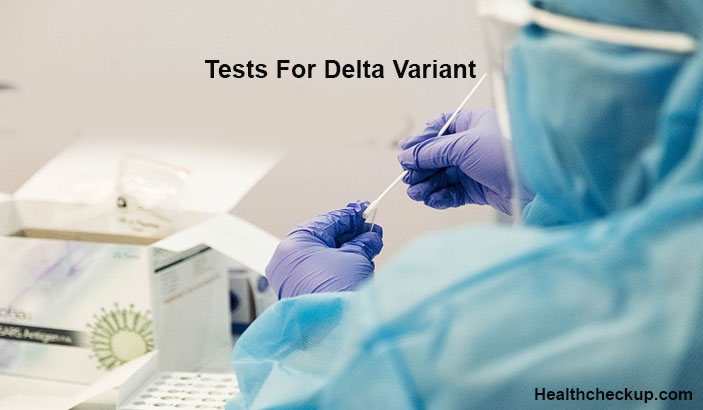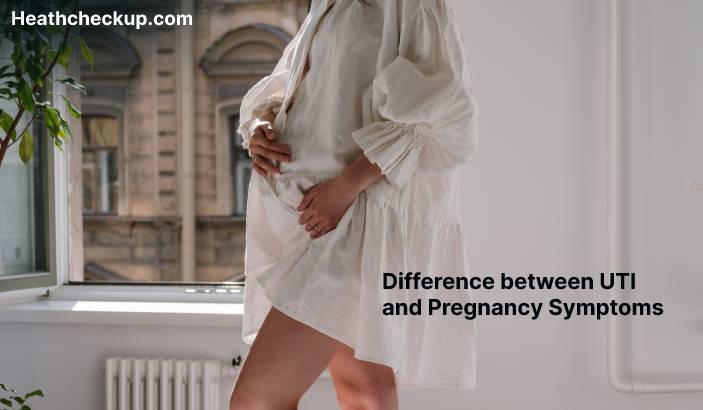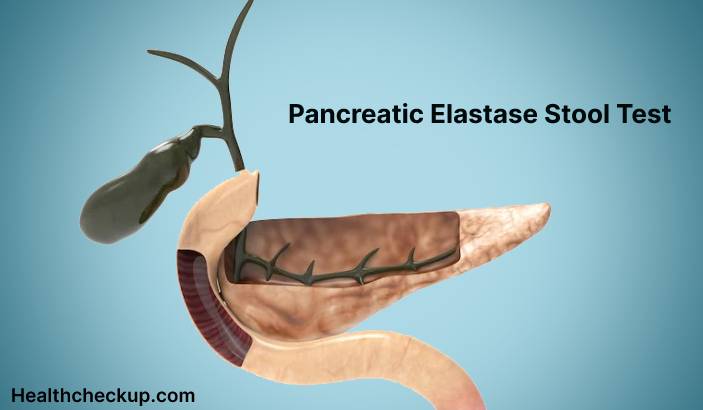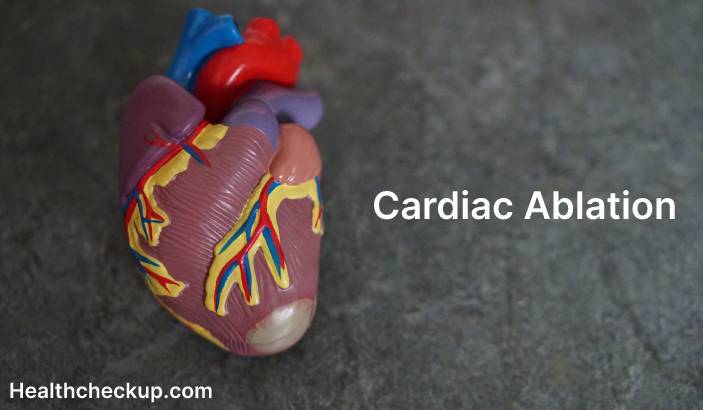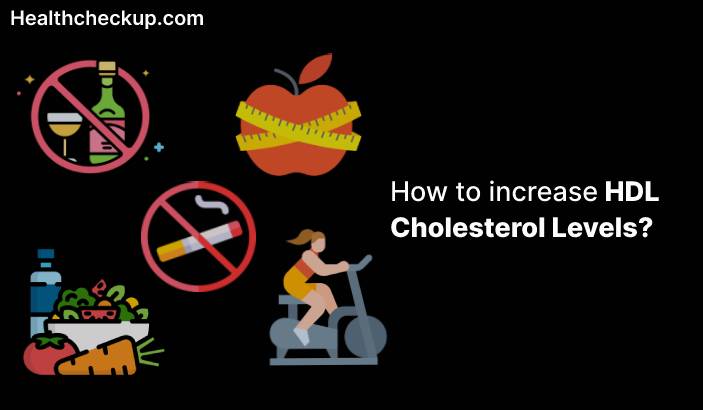Delta variant develops due to mutation in the Coronavirus. This variant is more contagious, and most symptoms are similar to the original virus. However, some of the symptoms are severe and life-threatening.
What Is The Delta Variant?
There are several mutations within the Coronavirus. The more virus spreads, the more the frequency of mutation. Though some are not clinically significant, some may increase the severity of transmission and symptoms. The Delta variant is one such mutant strain of Coronavirus. Another name for the delta variant of Coronavirus is B.1.617.2.
There is limited information about this variant. This variant is two times more infectious than the previous variants. Available data suggests that this variant affects unvaccinated people more severely than people having the vaccination. According to studies, people with delta variants are at increased risk of hospitalization than alpha or other variants. In some parts, especially the rural parts with low vaccination rates, delta variants may have devastating effects. A single patient with a delta variant has the potential to spread it to three to four other people, while the spread was only to one to two people with the original Coronavirus strain.
What Are The Symptoms Of The Delta Variant?
Most symptoms of the delta variant are similar to the original virus. These include headache, fever, sore throat, and cough. However, In the UK, where this variant accounts for about 90% of the COVID-19 cases, people reported other symptoms such as diarrhea, severe abdominal pain, change in skin color, and hearing impairment. The other more severe symptoms are blood clots leading to tissue necrosis and severe gastrointestinal symptoms.
Is There A Diagnosis For The Delta Variant?
The doctor diagnoses the COVID-19 infection through the following methods;
1. Contact history and physical examination
The doctor checks the contact history of the patient to determine his contact with any of the COVID-19 infected people. The doctor also analyzes the condition of the patient based on the symptoms. If the doctor suspects that the patient might have COVID-19, he may recommend further tests.
[Also Read: Types of tests for covid-19]
2. COVID-19 specific tests
The patient may undergo a PCR test or rapid antigen test. The antigen test takes only 30 minutes, while results of the PCR test may take around 24-48 hours. However, PCR is more reliable than antigen tests.
3. Chest X-Ray
When the COVID-19 tests are positive, the doctor may advise the patient to undergo a chest X-ray or CT scan. It helps the physician to determine the severity of the disease.
How To Test For Delta Variants?
It is important to note that the antigen test does not provide information on whether the infection is due to a delta variant or another variant of Coronavirus. For determining the COVID-19 strain, the sample undergoes genomic sequencing. The process is expensive and time-consuming. Healthcare departments generally perform genetic sequencing tests. It determines the presence of a particular strain in the community.
Which Vaccine Is Effective For Delta Variant?
Several studies have been done all over the world for determining the safety of vaccines against delta variants. Most of these studies found significant efficacy of the COVID-19 vaccine against the delta variant. However, this was slightly reduced efficacy than the efficacy estimates of the COVID-19 vaccine against alpha variants. Preliminary data indicates that the Moderna vaccine shows about 96% efficacy against hospitalization and 86% efficacy against the disease.
A recent study published in The New England Journal of Medicine concluded that the Pfizer-BioNTech mRNA vaccine is 88% effective, and AstraZeneca-University of Oxford adenovirus vaccine shows 67% effectiveness against symptomatic COVID-19 due to the delta variant.
Tips To Stay Safe From Delta Variant
It is crucial to practice all the COVID-19 protocols. People should wear masks, have social distance, and frequently wash their hands. Step outside your home only when necessary. Avoid rushing to the tourism spots as this may increase the risk of speedy transmission. Avoid crowded places. It is important to note that the more the transmission of infection, the more the chances of developing variants. Thus, people should take vaccination to prevent the transmission of infection.
Conclusion
The presence of the delta variant is only verified through genomic sequencing tests. This test is expensive and is generally done by the government to evaluate the presence of a variant in a particular area. It is necessary to prevent the transmission, and a vaccine is currently the best option for it.

Rohit Jain is an IPR Specialist and Medical Content Writing Expert. For over a decade, he has written several articles in the areas of female infertility, Erectile dysfunction, hemangioma, cervical cancer, monoclonal gammopathy of undetermined significance, mononucleosis, mitral valve disorder, nerve sheath tumor, shin splints, mild cognitive impairment, cellulitis, brain metastases, atelectasis, MCAD deficiency, lymphoma, sepsis, cardiac rehabilitation and metabolic disorder among others.


